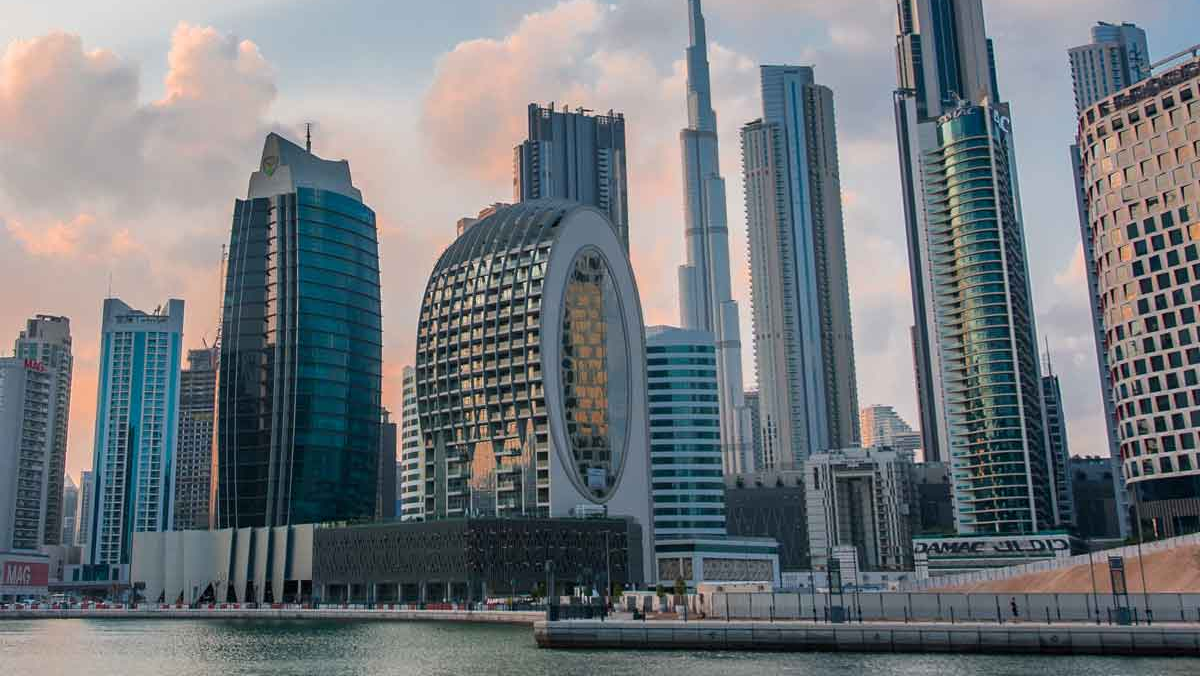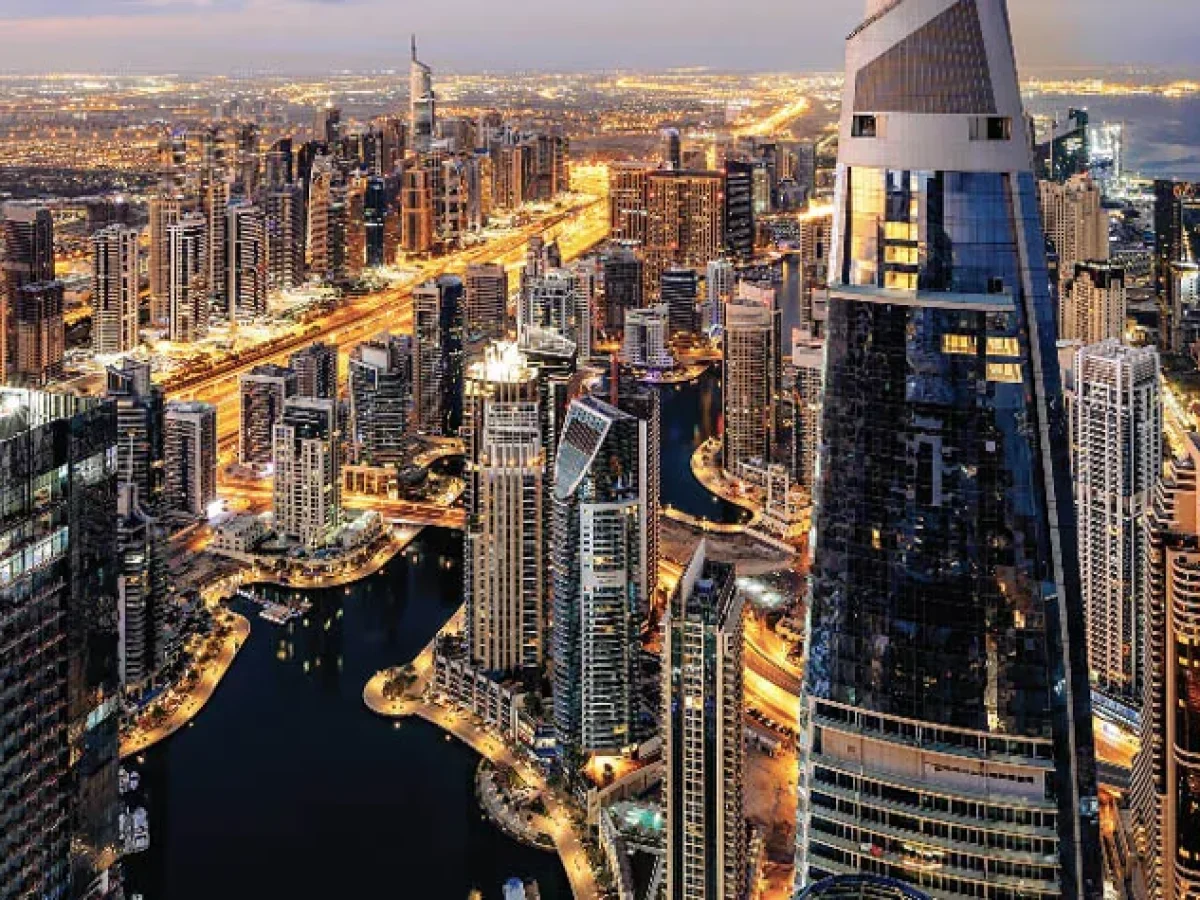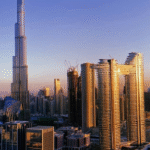Now Reading: How UAE Media Fights Fake News With Facts Daily 2025
-
01
How UAE Media Fights Fake News With Facts Daily 2025
How UAE Media Fights Fake News With Facts Daily 2025

Table of Contents
The United Arab Emirates (UAE) has become a growing media hub in the Middle East. Over the past few years, the country has taken major steps to support responsible and ethical journalism. With an increasing number of readers depending on news for reliable information, UAE press institutions are committed to maintaining high journalistic standards. From strict regulations to media education, the UAE is actively shaping a future where journalism stays truthful, balanced, and transparent.
UAE’s Vision for Ethical Journalism

The UAE government understands the power of the media in shaping public opinion. As part of its Vision 2031, the country aims to build a knowledgeable and connected society. This includes promoting ethical media practices. Government bodies such as the National Media Council (NMC), now part of the Media Regulatory Office under the Ministry of Culture and Youth, play a key role in regulating journalism standards.
Journalists in the UAE are encouraged to follow strict guidelines that support transparency, fairness, and accuracy. This framework helps maintain public trust and prevents the spread of misinformation. The UAE also supports journalism that respects the country’s cultural values and national identity.
Clear Laws to Support Responsible Reporting
One of the major ways the UAE supports ethical journalism is through well-defined media laws. The Federal Law No. 15 of 1980 governs printed publications and publishing activities in the country. It outlines the responsibilities of media outlets and sets boundaries to ensure journalists publish accurate and fair content.
More recently, the government introduced updates to media laws that focus on digital content and social media reporting. These laws are designed to protect public interest while also safeguarding journalists who follow ethical practices. Journalists must verify facts before publishing, avoid inciting hate, and respect personal privacy. These regulations help the UAE maintain a balanced media environment, especially in an age of fast digital news.
Independent Journalism in a Regulated Environment
While the UAE maintains strict regulations, it still allows freedom for journalists to report stories that matter. Many leading newspapers like The National, Khaleej Times, Gulf News, and Emarat Al Youm publish independent content. These news platforms are known for covering diverse topics—from politics and economy to health and climate—while maintaining high ethical standards.
Editorial teams in UAE media houses are trained to distinguish between opinion and fact. They ensure that opinion columns are clearly labeled and not mistaken as news reports. Additionally, editors follow a multi-level review process to reduce bias and check the reliability of sources.
The UAE’s press is also careful when covering sensitive topics. Journalists are expected to report on such matters responsibly to avoid causing panic or spreading false claims. The emphasis is always on the public’s right to know the truth, delivered in a respectful and accurate manner.
Fact-Checking and Accuracy Matter
To maintain ethical journalism, fact-checking has become a priority in the UAE’s press community. With the rise of fake news on social media platforms, UAE media outlets have adopted tools and practices to verify content before it is published. Reporters are trained to cross-check their sources, use credible references, and avoid assumptions.
Some newsrooms have even set up dedicated fact-checking teams that investigate claims before they appear in articles. This extra step adds credibility to the UAE media and protects readers from misleading information. Furthermore, if an error is found in a published piece, responsible media outlets publish corrections quickly to maintain transparency.
Promoting Media Literacy and Training
The UAE believes in nurturing the next generation of ethical journalists. Many universities offer media and journalism courses that teach students about journalistic ethics, research methods, and responsible storytelling. Institutions like the American University in Dubai (AUD), University of Sharjah, and Zayed University offer programs that focus on integrity in reporting.
In addition to formal education, media organizations in the UAE conduct regular workshops and training sessions. These sessions help reporters stay updated on the latest laws, reporting techniques, and digital media tools. Industry experts are often invited to speak on topics such as press freedom, data journalism, and ethical dilemmas in reporting.
The UAE also hosts several regional and international media events, such as the Arab Media Forum in Dubai. These platforms encourage open discussions around responsible journalism and bring global media professionals together to share ideas.
Respecting Privacy and Avoiding Sensationalism
Responsible journalism also means respecting the privacy of individuals. UAE media guidelines strictly prohibit publishing photos or names of people without their consent, especially in sensitive cases involving crime or accidents. This helps avoid unnecessary harm to individuals or families affected by news coverage.
Additionally, the UAE discourages the use of sensational headlines that mislead readers. Journalists are trained to avoid exaggeration or drama. Instead, they focus on giving readers clear, useful, and honest information. This professional approach enhances the credibility of the press and supports long-term reader loyalty.
Tackling Online Misinformation

In the digital age, fighting misinformation is one of the biggest challenges for the press. The UAE’s press is proactive in debunking false news circulating online. Media houses often publish special reports to clarify viral claims or fake stories. The government also runs public awareness campaigns to educate people about checking facts and verifying information before sharing.
Several collaborations between government and media institutions are in place to track and address misinformation. For example, during the COVID-19 pandemic, UAE media outlets worked closely with health authorities to provide accurate updates and reduce panic.
A Responsible Press for a Responsible Society
The UAE’s press plays an important role in shaping an informed society. By following ethical guidelines, verifying facts, and respecting privacy, journalists are helping to build public trust. The government’s support for media training, clear laws, and responsible digital reporting adds strength to this mission.
As the country continues to grow, its press is expected to take on a larger role in global conversations. With a focus on responsible and ethical journalism, the UAE is setting an example for other nations in the region and beyond.
Read More:- Why Smaller Lawns Are Smarter: Save Water and Money Fast 2025






















